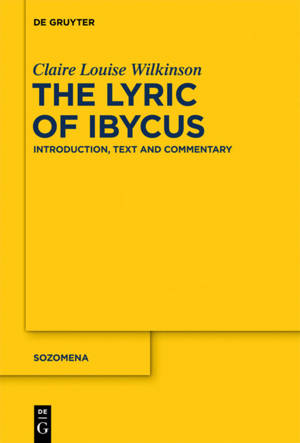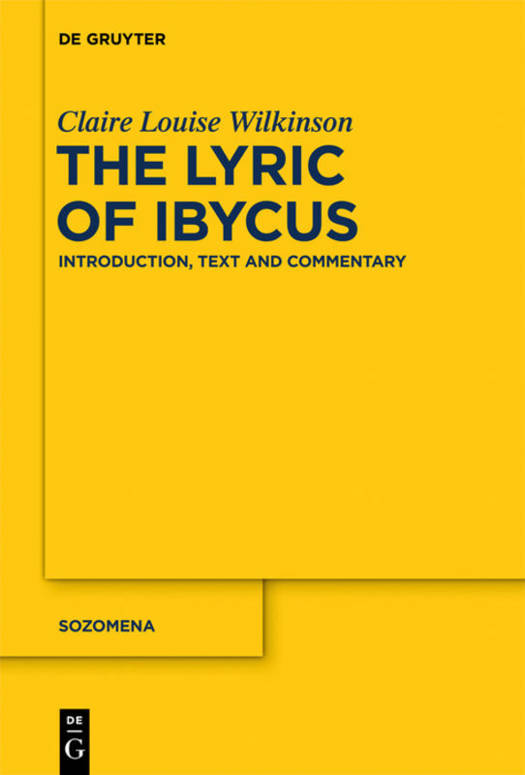
- Retrait gratuit dans votre magasin Club
- 7.000.000 titres dans notre catalogue
- Payer en toute sécurité
- Toujours un magasin près de chez vous
- Retrait gratuit dans votre magasin Club
- 7.000.000 titres dans notre catalogue
- Payer en toute sécurité
- Toujours un magasin près de chez vous
Description
Ibycus is one of the nine canonical lyric poets, a crucial figure in the history of Greek poetry and the archaic world. His work has value both for its own poetic qualities and for its importance from a literary-historical point of view. Ibycus' imagery is complex and demanding, his intertextual relationships sophisticated and his use of metre both traditional and innovative. His work also helps us to understand the relationship between the poetry of West and East Greece and to further our knowledge of patronage and the epinician tradition. This commentary includes an introduction to Ibycus' life and poetry, covering the internal and external evidence for his life and the content, imagery and metre of his poetry. It then offers an individual analysis and detailed commentary on a selection of Ibycus' poems, including both the more famous poems and less well-known fragments, all of which give insight into his style and themes, as well as his relationship to other poets of the period. The commentary also offers a re-examination of the fragments preserved on the Oxyrhynchus papyri, providing a new edition of these poems which gets as close as possible to the material preserved.
Spécifications
Parties prenantes
- Auteur(s) :
- Editeur:
Contenu
- Nombre de pages :
- 338
- Langue:
- Anglais
- Collection :
- Tome:
- n° 13
Caractéristiques
- EAN:
- 9783110288940
- Date de parution :
- 13-12-12
- Format:
- Livre relié
- Format numérique:
- Genaaid
- Dimensions :
- 156 mm x 234 mm
- Poids :
- 653 g







